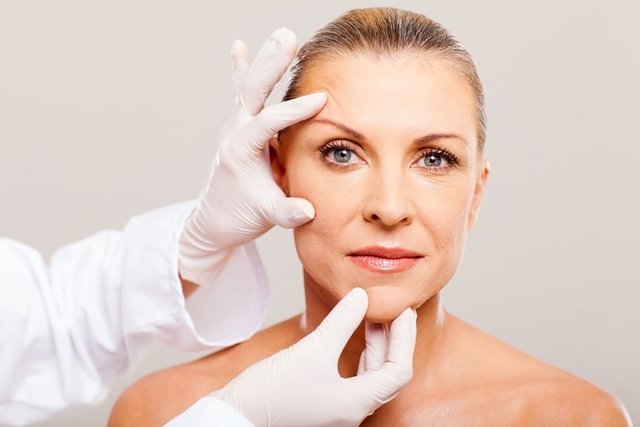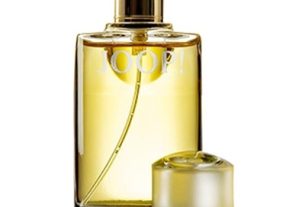Cheiloplasty is a procedure mainly indicated to increase and reduce the lips, however it can also be recommended to correct a crooked mouth and to change the corners of the mouth to form a kind of constant smile.
Cheiloplasty is considered a simple procedure and is performed under local anesthesia. However, recovery may vary according to the objective of the cheiloplasty, as it may be a little more extensive, as in the case of surgery to reduce the lips, or simply involve the application of substances.
Furthermore, depending on the objective of the cheiloplasty, the result can be definitive, as in the case of lip reduction surgery, or temporary, and must be repeated every 2 years or more, as in the case of the lip augmentation procedure.

When is it indicated
Cheiloplasty is normally indicated for aesthetic purposes, that is, to increase or decrease the lips, as it can interfere with the volume, shape and contour of the lips. Furthermore, cheiloplasty can be indicated to reconstruct the lips due to cleft lip or trauma and extensive injuries in the region, or correct a crooked mouth, for example, and it is important that it is recommended by a specialized plastic surgeon.
How it is made
Cheiloplasty is considered a simple and quick procedure, lasting around 2 hours and is performed under local anesthesia.
In the case of surgery to enlarge the lips, the doctor can perform a graft, in which excess fat or facial tissue is removed to be applied to the lips, or apply substances directly to the lips, such as hyaluronic acid, for example. example.
On the other hand, when the objective is to reduce the lips, a thin layer of the upper and lower lips is removed and sewn together from the inside of the mouth. The stitches from this last surgery are hidden inside the mouth and must be removed after 10 to 14 days.
What is recovery like?
Recovery from plastic surgery in the mouth takes around 5 to 7 days and during this period the mouth should be quite swollen, in addition to bruising at the site, depending on the type of procedure that was carried out.
It is important to follow some doctor’s instructions to ensure adequate recovery and promote healing, such as:
- Have a liquid or pasty diet;
- Avoid consuming citrus foods for 8 days;
- Apply cold water compresses to the region for the first 2 days;
- Take an anti-inflammatory in the first few days to reduce pain and facilitate recovery;
- Avoid sun exposure in the first month;
- Do not smoke;
- Do not take any medication without medical knowledge.
It is important that the doctor is informed about any symptoms that may appear during recovery, in addition to swelling and bruising at the site, as this will allow the site to be assessed and checked whether there is an allergic reaction or any other changes related to The recovery.
Possible risks
The risks of plastic surgery in the mouth may include:
- If the result is not what was expected;
- Having an allergic reaction to the products used;
- Infection when the procedure is not performed under good surgical conditions, nor with appropriate material.
These risks can be minimized when the patient has real expectations about the result and when the doctor respects all the rules for performing plastic surgery.

Sign up for our newsletter and stay up to date with exclusive news
that can transform your routine!
Warning: Undefined array key "title" in /home/storelat/public_html/wp-content/plugins/link-whisper-premium/templates/frontend/related-posts.php on line 12
Warning: Undefined array key "title_tag" in /home/storelat/public_html/wp-content/plugins/link-whisper-premium/templates/frontend/related-posts.php on line 13



